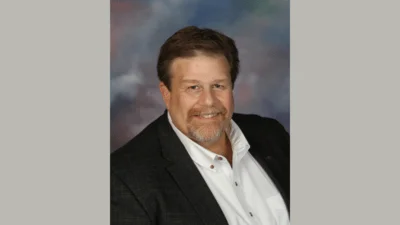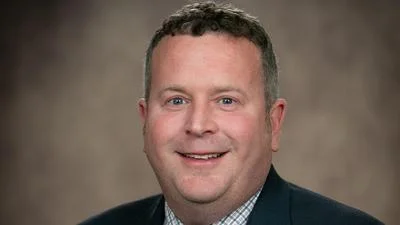State Representative Ryan Spain (il) | Representative Ryan Spain (R) 73rd District Deputy Republican Leader
State Representative Ryan Spain (il) | Representative Ryan Spain (R) 73rd District Deputy Republican Leader
On January 27, the world observes International Holocaust Remembrance Day, commemorating the liberation of Auschwitz-Birkenau and honoring the millions of lives lost during the Holocaust. The Holocaust, a state-sponsored persecution and mass murder, saw the systematic killing of millions of European Jews, Romani people, political dissidents, and others by the German Nazi regime between 1933 and 1945.
Adolf Hitler, the German dictator, championed the notion of the superiority of the "pure" German race and sought to achieve racial purity and territorial expansion. This led to the implementation of his "final solution" - the Holocaust. More than 11 million people, including six million Jews, perished at the hands of the Nazis in concentration camps, gas chambers, mass shootings, and through deprivation of basic necessities.
As the Nazis neared defeat in World War II, they attempted to destroy evidence of their mass killings and concentration camps. However, the extensive and destructive nature of their crimes prevented a complete cover-up. The Nuremberg Trials of 1945-46 brought the Nazi atrocities to light, with survivors stepping forward to provide eyewitness accounts and evidence. These survivors played a crucial role in establishing archives, memorials, and museums to preserve the memory of the Holocaust.
The Illinois Holocaust Museum and Education Center is one such institution dedicated to preserving the legacy of the Holocaust. Through teaching universal lessons that combat hatred, prejudice, and indifference, the museum honors the memories of those lost and those who survived. The museum's website features stories from over 50 survivors from the Chicagoland area, providing a unique insight into their experiences.
In the words of the survivors themselves, we can understand the importance of remembering the Holocaust. Ben Goldwater emphasizes the need for learning from history to prevent its repetition: "I think people should learn what occurred so that history doesn't repeat itself." Judy Kolb highlights the significance of constantly retelling the horrific story to ensure it is not forgotten: "This is an important place and an important story, a horrendous story that needs to be constantly told so people will not forget about it." Aaron Elster, as a survivor, takes on the mission of speaking out against atrocities, stressing that they must never recur: "We, as survivors, have made this our mission to stand and speak out as loudly as our voices will carry and to those that will listen, that the atrocities committed against us and our families must never recur to any people."
As we remember the Holocaust and the lives lost, it is imperative that we heed the lessons taught by the survivors. The legacy of the Holocaust calls for an unwavering commitment to combatting hatred, prejudice, and indifference in our society. Only through remembrance and education can we ensure that the atrocities of the past are never repeated.






 Alerts Sign-up
Alerts Sign-up